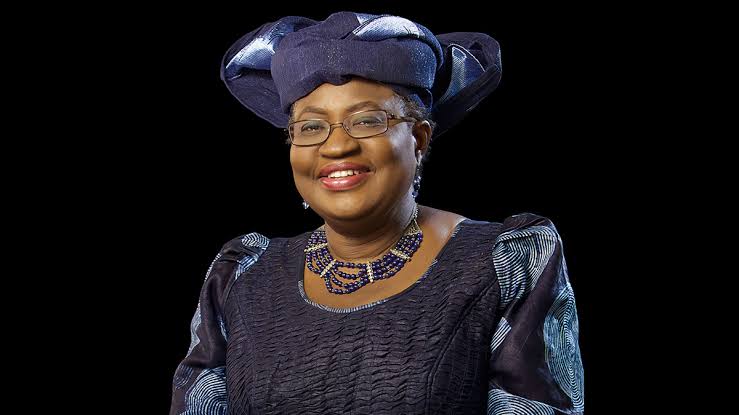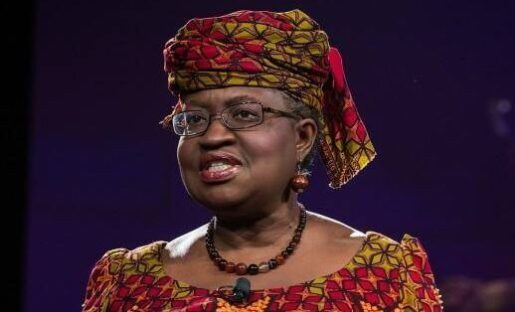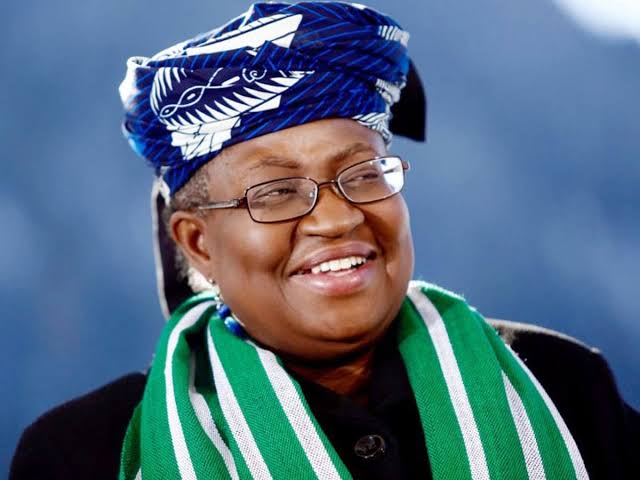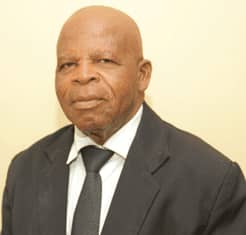Okonjo-Iweala, Ezekwesili… Nigerian women changing the narrative in politics

By Ezinwanne Onwuka
Gender stereotypes are common in the Nigerian political sphere. This, in addition to other barriers such as lack of finance, religious beliefs, violence and weak internal party democracy, have held women back for several decades, and the corollary is that men have continued to dominate the political arena as presidents, lawmakers and governors.
Barriers to women’s participation in politics in Nigeria are culturally and economically imposed. In this part of the world, a woman is often seen as a man’s property and must therefore only do what her man approves, and her man may not approve of her involvement in politics. It is believed that an average Nigerian woman’s role starts and ends in the kitchen and “the other room”.
Moreover, as expected of patriarchal societies that violently push women to the margin, it is the consensus that women should not sniff power because men, not women, are born-leaders.
Consequently, women’s political participation has been grossly undermined by the predominance of a powerful class of male political elite who have historically run the political system.
However, despite the struggle with patriarchal structures that seek to relegate women to the realm of only economic production and reproduction, there have been a sharp increase in women participation in politics; even though the country is yet to have a female governor or president but the determination of some of these women seems to tend towards breaking the barriers.
Obiageli Ezekwesili
“Oby” Ezekwesili is a chartered accountant and politician. She is a former Vice President of the World Bank for Africa, a former Nigerian Education Minister and co-founder of Transparency International. She is unapologetic about her bold vision for Nigeria and her continent, Africa. She contested for the office of the president of Nigeria, as the only female candidate, on the platform of the Allied Congress Party of Nigeria in 2019, but later stepped down due to intra-party conflicts.
Oby is a daring advocate who’s led pioneering initiatives that challenge extremism, corruption and gender-based violence. Now, she has founded a school, School of Politics, Policy and Governance to form the political leaders of tomorrow and to turn the rage in the street into reform in the corridors of power. She was selected as a 2020 Global Leadership Awards Honoree.
Zainab Shamsuna Ahmed
Zainab Ahmed is Nigeria’s Minister of Finance, Budget, and National Planning — a portfolio that makes her one of the country’s most influential ministers. As the minister of the largest economy in Africa, Zainab Shamsuna Ahmed is the fourth female finance minister of Nigeria, the only country to have reserved this position for women in the last decade.
As the Minister responsible for Finance, Budget, and National Planning, she is responsible for everything related to the economy of the most populated country in Africa. Before her appointment as the Acting Minister of Finance in September 2018, Zainab Ahmed was the Minister of State for Budget and National Planning. She has earned national and international commendations for her accomplishments in re-positioning Nigeria Extractive Industries Transparency Initiative (NEITI) as a courageous voice and agency in the growing agitation for good governance of Nigeria’s abundant natural resources in oil, gas and mining industry within a short time.
Uche Ekwunife
Sen. Uche Ekwunife started out as a banker; rising to the position of Area Manager before making her way into politics. She is currently serving senator in Nigeria, representing Anambra Central. She won election into the House of Representatives, representing Anaocha/Njikoka/Dunukofia Federal Constituency for two terms; first, in 2007 and again in 2011. She thereafter set her eyes on the upper chamber of the National Assembly, contesting the senatorial seat in 2015 to represent Anambra Central Senatorial District.
Again, she won elections into the senate but her victory was overturned on technicalities forcing her to vacate the seat for Victor Umeh. Nevertheless, in 2019, she re-contested under the PDP and defeated the incumbent, Victor Umeh. Distinguished and people-oriented, Senator Uche Ekwunife, hailed widely as Iyom, has carved a niche for herself in the political firmament of Igboland and the nation at large.
Stella Oduah
Stella Oduah Ogiemwonyi is a Nigerian Senator and former Minister of Aviation. She contested for the senatorial seat of Anambra North constituency in the 2015 election under the People’s Democratic Party (PDP), and pulled a total of 143,478 votes to defeat her main rival, Chief Dubem Obaze of All Progressive Grand Alliance (APGA) who got 70,900 votes.
She was one of the only seven women elected to the 8th. The others were Rose Okoji Oko, Uche Ekwunife, Fatimat Raji Rasaki, Oluremi Tinubu, Biodun Olujimi and Binta Garba. Oduah was re-elected to a second term in the Senate in 2019. She is an influential woman who is highly committed to excellence and a pointer of emulation.
Pauline Tallen
In 1999, Pauline Kedem Tellen was appointed Minister of state for science and technology, becoming the first woman to be appointed as a minister in that capacity by former president, Olusegun Obasanjo. She became deputy governor of Plateau State in 2007, becoming the first woman to be a deputy governor in northern Nigeria. In 2011, she contested to be governor of the state but lost to Jonah Jang. She is currently serving as Women Affairs Minister.
She was appointed in 2019 by President Muhammadu Buhari after turning down ambassadorial nomination in 2015, citing federal character and zoning in her state as reasons. Also, she is presently a member, board of trustees of All Progressive Congress, and was honoured as woman of the year for her contribution to Nigeria at the 10th African Icon of Our Generation Award.
Aisha Al-Hassan
Aisha Jummai Al-Hassan is a politician and a lawyer who was the first woman to be appointed as Taraba State Attorney General and Commissioner of Justice. Her political stronghold made her the first woman to be appointed as the Secretary FCT judicial council and later appointed as the Chief Registrar of the High Court of the Federal Capital Territory.
In 2011, with 114,131 votes, the people of Taraba North elected her to represent their constituency for the senate, under the People’s Democratic Party’s ticket. She was one of the four women that was elected under the PDP ticket for the senate that year. She contested for the 2015 governorship elections to be the 10th Governor of Taraba State under the Platform of the All Progressive Congress (APC).
She was declared the winner of the 2015 governorship election in Taraba State, earning her the enviable position of the first woman to be elected governor in the history of Nigeria but the Court of Appeal later revoked the decision. Aisha, fondly called Mama Taraba is well-known because of her increased influence in the political sphere of her state.
Ngozi Okonjo-Iweala
Okonjo-Iweala was Nigeria’s former finance minister. She was the first woman to serve the country in that capacity, twice (from 2003-2006, and 2011-2015). In 2006, she briefly acted as the country’s foreign minister, also as the first woman to hold the position in the country. Furthermore, in 2012, Dr Ngozi was a candidate for president of the World Bank. If elected at the time, she would have become the World Bank’s first female president. Currently, she is the Director-General of the World Trade Organization (WTO), becoming the first African and the first woman to lead the body, which governs trade rules between nations.
These women, among all others, have showed that women are not only better suited to the kitchen than the rough and tumble of national politics, as most people think. They have proven that politics is not, exclusively, a “men’s affair.” There is need, therefore, to empower women as political leaders and remove the legal, administrative and traditional barriers that impede their success.


